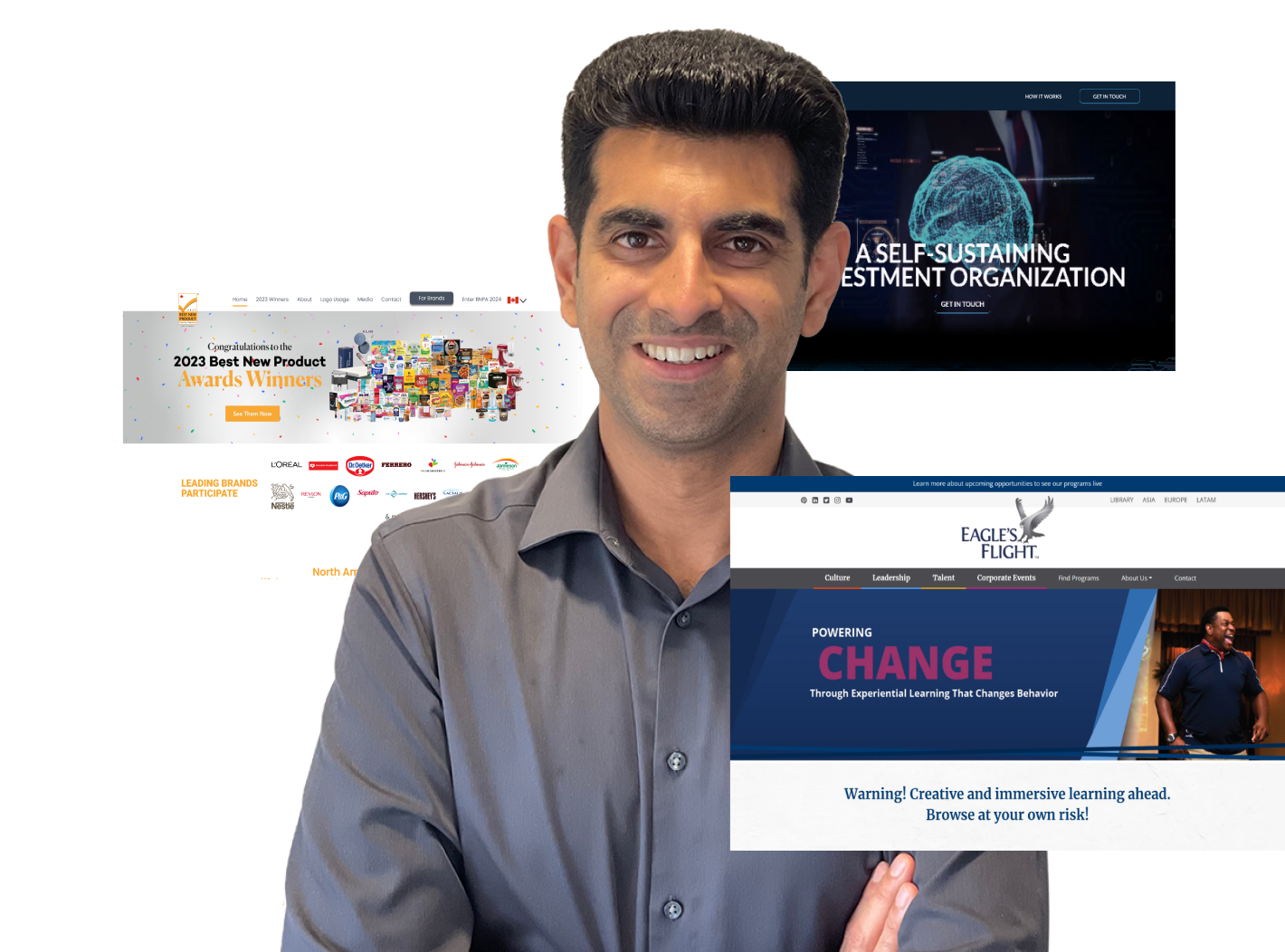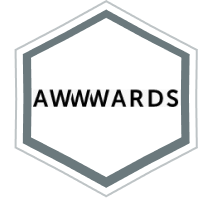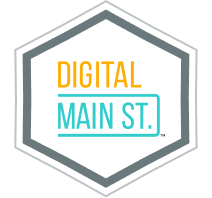Introduction
Choosing the right development team for custom software projects is crucial for the success of your venture. The right team can turn your vision into a robust and scalable product, while the wrong team can lead to delays, budget overruns, and a subpar product. This article provides comprehensive insights and tips on selecting the right development team or company, ensuring that your project meets its objectives efficiently and effectively.
Understanding Your Project Requirements
Before starting your search for a development team, it is essential to understand your project requirements thoroughly. This includes defining the project scope, technical needs, and budget constraints.
Project Scope
Clearly outline the features and functionalities you expect from the project. This will help potential development teams understand the extent of work required and provide accurate estimates.
Technical Needs
Identify the specific technologies, frameworks, and tools necessary for your project. Knowing these details ensures you choose a team with the right expertise.
Budget Constraints
Determine your budget for the project. Be realistic about what you can afford and ensure you get value for your money.
Defining Your Goals and Objectives
Setting clear goals and objectives is crucial for the success of your software development project.
Short-Term Goals
Identify the immediate objectives you want to achieve with your project. These could include initial releases, user acquisition targets, or early revenue goals.
Long-Term Vision
Outline your long-term vision for the project. This helps the development team align their work with your future plans.
Choosing Between In-House and Outsourcing
Deciding whether to build an in-house team or outsource the project can significantly impact your project’s success.
Pros and Cons of In-House Teams
In-house teams offer better control and communication but come with higher costs and longer hiring times.
Benefits of Outsourcing
Outsourcing can be cost-effective and provide access to a broader talent pool, but may present challenges in communication and quality control.
Evaluating Technical Expertise
Technical expertise is a critical factor in choosing the right development team.
Required Skill Sets
Ensure the team has the necessary skills for your project, including knowledge of relevant programming languages and frameworks.
Technology Stack
Check if the team’s technology stack aligns with your project’s requirements.
Past Projects
Review the team’s past projects to assess their experience and capability.
Assessing Communication Skills
Effective communication is key to a successful partnership with your development team.
Language Proficiency
Ensure the team can communicate fluently in your preferred language.
Responsiveness
Evaluate how quickly and effectively the team responds to your inquiries.
Communication Tools
Check the tools and platforms the team uses for communication, such as Slack, Zoom, or email.
Checking References and Portfolios
Reviewing references and portfolios helps you gauge the team’s reliability and performance.
Client Testimonials
Look for testimonials from past clients to understand their experiences.
Case Studies
Review detailed case studies to see how the team handled previous projects.
Past Project Successes
Assess the success rate of the team’s past projects, focusing on delivered results and client satisfaction.
Considering Cultural Fit
A good cultural fit ensures smooth collaboration and better project outcomes.
Team Dynamics
Evaluate how well the team’s working style aligns with yours.
Company Culture
Consider the company’s culture and values to ensure they match your expectations.
Work Ethics
Assess the team’s work ethics, including their commitment to deadlines and quality.
Understanding Project Management Methodologies
The right project management methodology can significantly impact your project’s success.
Agile
Agile methodologies offer flexibility and iterative development, making them ideal for dynamic projects.
Scrum
Scrum focuses on sprints and regular reviews, promoting continuous improvement.
Waterfall
Waterfall is a linear approach suitable for projects with well-defined requirements.
Kanban
Kanban emphasizes visual project management and continuous delivery.
Evaluating Financial Stability
Choosing a financially stable development team ensures your project will be completed without financial hiccups.
Budget Management
Assess how well the team manages budgets and resources.
Cost Transparency
Ensure the team provides clear and transparent cost estimates.
Payment Terms
Discuss and agree on favorable payment terms to avoid future disputes.
Examining Legal and Security Concerns
Addressing legal and security concerns is vital for protecting your intellectual property and data.
Intellectual Property
Ensure clear agreements on intellectual property ownership.
Data Security
Check the team’s data security practices to protect sensitive information.
Compliance Standards
Verify that the team complies with relevant legal and regulatory standards.
Setting Clear Expectations
Setting clear expectations from the start helps prevent misunderstandings and ensures smooth project execution.
Defining Milestones
Set clear milestones to track project progress.
Regular Updates
Agree on a schedule for regular updates and progress reports.
Feedback Mechanisms
Establish mechanisms for providing and receiving feedback throughout the project.
Planning for Long-Term Support and Maintenance
Consider long-term support and maintenance to ensure your software remains functional and up-to-date.
Post-Launch Support
Discuss the team’s post-launch support services.
Maintenance Contracts
Negotiate maintenance contracts for ongoing support.
Leveraging Technical Tools and Resources
Utilize the latest tools and resources to enhance your project’s efficiency and quality.
Collaboration Tools
Use collaboration tools like Jira, Trello, or Asana for project management.
Development Frameworks
Leverage robust development frameworks suited to your project.
Testing Tools
Ensure the team uses advanced testing tools for quality assurance.
Assessing Problem-Solving Capabilities
A team with strong problem-solving skills can navigate challenges effectively.
Past Challenges
Review how the team handled past challenges.
Conflict Resolution
Assess the team’s conflict resolution strategies.
Innovation
Check the team’s ability to innovate and provide creative solutions.
Understanding Team Size and Structure
The size and structure of the team can impact project efficiency and communication.
Ideal Team Size
Determine the ideal team size for your project.
Role Distribution
Understand the distribution of roles within the team.
Hierarchical Structure
Evaluate the team’s hierarchical structure for effective communication.
Evaluating Time Zone Differences
Time zone differences can affect communication and project timelines.
Scheduling Meetings
Plan meetings considering time zone differences.
Overlapping Work Hours
Ensure there are sufficient overlapping work hours for effective collaboration.
Establishing Transparent Communication Channels
Transparent communication channels are essential for smooth project execution.
Regular Meetings
Schedule regular meetings to discuss progress and address issues.
Reporting Systems
Implement robust reporting systems for tracking progress.
Escalation Procedures
Establish clear escalation procedures for resolving issues.
Considering Development Costs
Understanding and managing development costs is crucial for staying within budget.
Cost Estimates
Obtain detailed cost estimates from the team.
Hidden Charges
Watch out for hidden charges that could inflate costs.
ROI Analysis
Conduct a return on investment analysis to ensure value for money.
Negotiating Contracts and Agreements
Negotiating clear contracts and agreements is vital for protecting your interests.
Terms and Conditions
Define clear terms and conditions for the project.
Non-Disclosure Agreements
Sign NDAs to protect confidential information.
Service Level Agreements
Negotiate SLAs to ensure quality and timely delivery.
Ensuring Quality Assurance Practices
Implementing robust quality assurance practices ensures a high-quality product.
Testing Protocols
Ensure the team follows rigorous testing protocols.
Bug Tracking
Use bug tracking tools to manage and resolve issues.
User Acceptance Testing
Conduct user acceptance testing to validate the product’s functionality.










